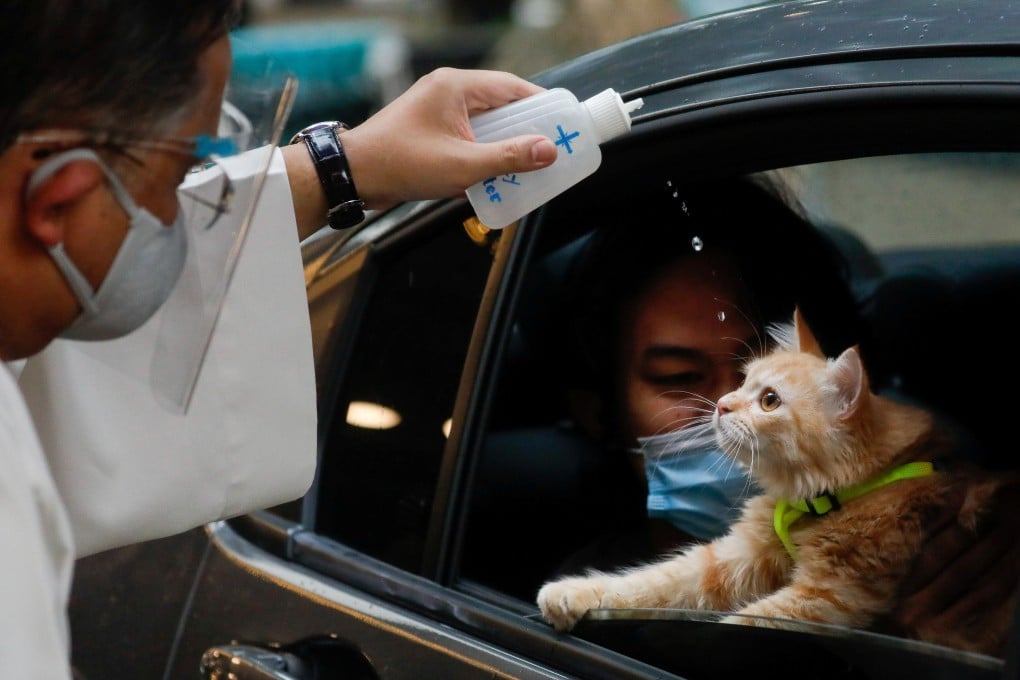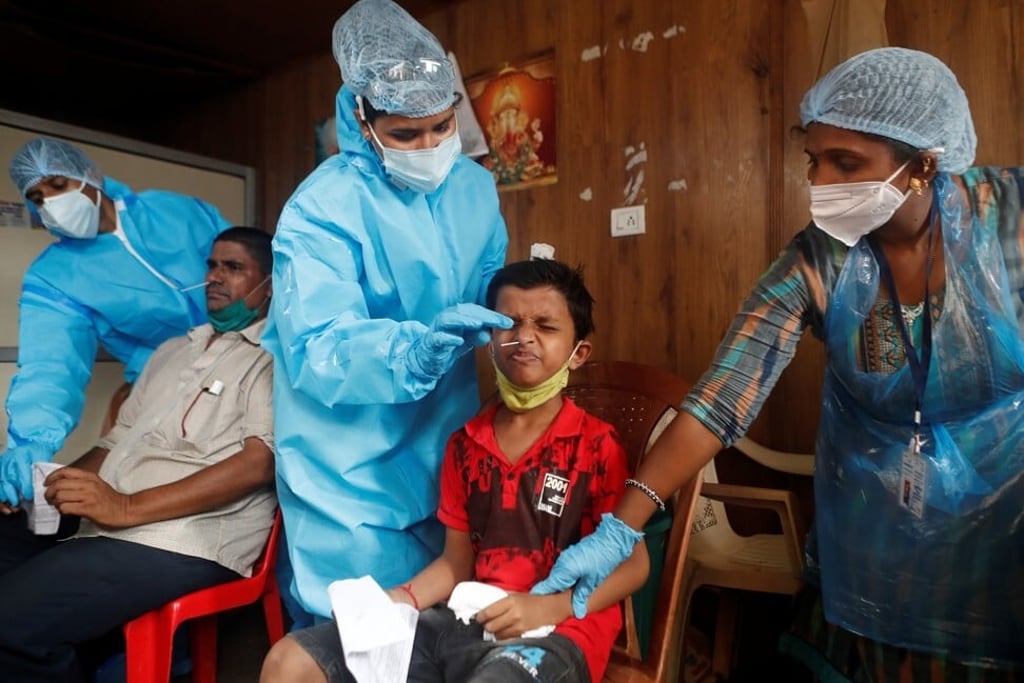Coronavirus latest: India hopes to inoculate 250 million people; Solomon Islands report first case
- The Solomon Islands has begun contact-tracing after a returnee became the nation’s first person to test positive for Covid-19
- Meanwhile, some Philippine pets are being blessed in a ‘drive-through’ service to ward off Covid-19, while Indonesia’s president defends his pandemic handling

India has recorded some 6.55 million infections, with 75,829 in the past 24 hours, while virus-related deaths have totalled 101,782, health ministry data showed.
“There is a high-level expert body going into all aspects of vaccines,” Vardhan wrote on Twitter. “Our rough estimate and the target would be to receive and utilise 400 to 500 million doses covering (200 million-250 million) people by July 2021.”
Serum Institute of India and private companies have been teaming up with organisations from the Bill & Melinda Gates Foundation to US drug developer Novavax in a scramble to secure vaccines for the country of 1.3 billion people.
India has set up committees to look into various aspects of the vaccine supply chain, including availability timelines for various vaccines, while obtaining commitments from manufacturers to ensure the maximum doses are available, Vardhan said.
He said the federal government was committed to taking all measures to ensure “fair and equitable” distribution of vaccines once they are ready.
